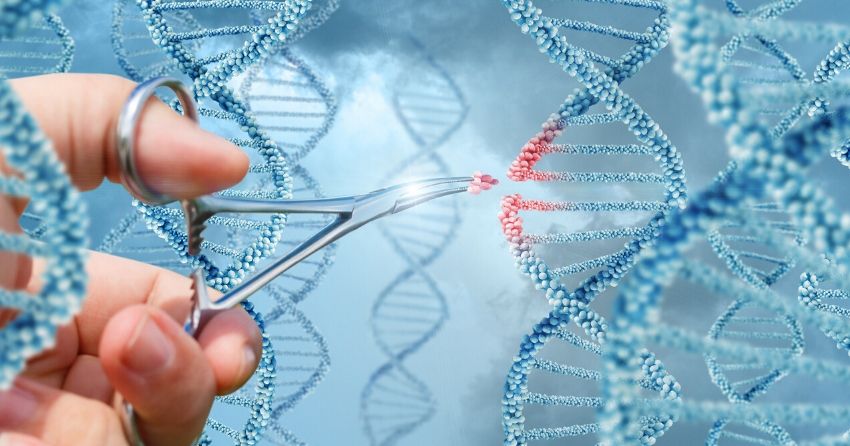Genome Editing May Treat Retinal Degeneration

-
Gene editing therapies, like CRISPR, can correct mutations related to diseases, like the leading cause of blindness, retinal degeneration.
-
However, there are some challenges to using these therapies, like safety and risk concerns.
-
This study finds that gene therapy might be successful if delivered before microglia activation and photoreceptor cell death in eye occurs.
This article was posted on EurekAlert.org:
Gene editing therapies, including CRISPR-Cas systems, offer the potential to correct mutations causing inherited retinal degenerations, a leading cause of blindness. Technological advances in gene editing, continuing safety concerns, and strategies to overcome these challenges are highlighted in the peer-reviewed journal Human Gene Therapy. Click here to read the full-text article free on the Human Gene Therapy website.
"Currently, the field is undergoing rapid development with a number of competing gene editing strategies, including allele-specific knock-down, base editing, prime editing, and RNA editing, are under investigation. Each offers a different balance of on-target editing efficiency versus off-target risks," state Kanmin Xue, University of Oxford, and coauthors. "Testing these newly-developed CRISPR technologies in human retinal tissue, organoids and in vivo will help to highlight the most-viable therapeutic approaches for treating inherited retinal diseases in the future."
Characterizing the rapidly evolving field of CRISPR-Cas based genome editing and current strategies for extending the capabilities of CRISPR-Cas9, the article also features epigenetic editing, the risks of retinal gene editing, and approaches in development to control Cas9 activity and improve safety.
"The eye is an ideal target for in vivo gene editing. Dr. Xue's review provides an excellent overview of the current state of the art," says Editor-in-Chief of Human Gene Therapy Terence R. Flotte, MD, Celia and Isaac Haidak Professor of Medical Education and Dean, Provost, and Executive Deputy Chancellor, University of Massachusetts Medical School.
This study was published in Human Gene Therapy in December 2020.





